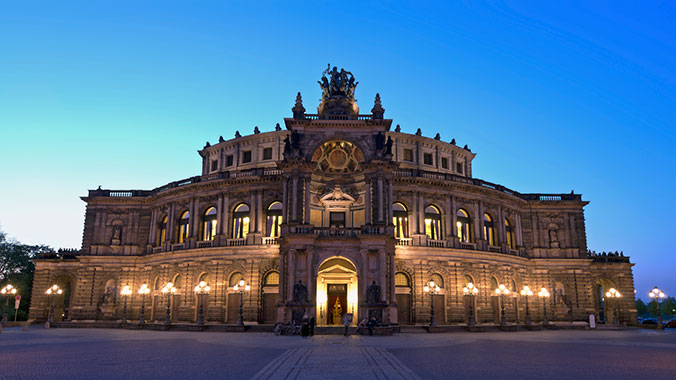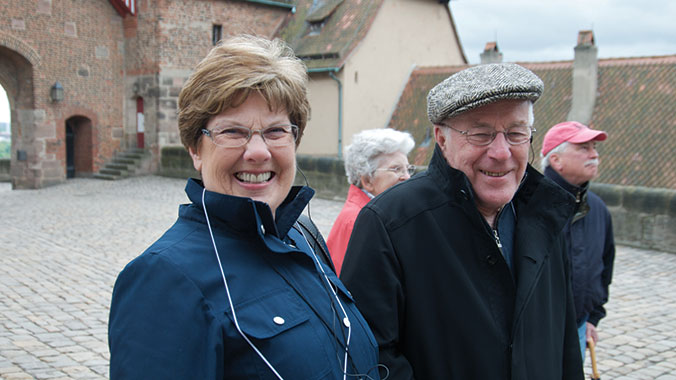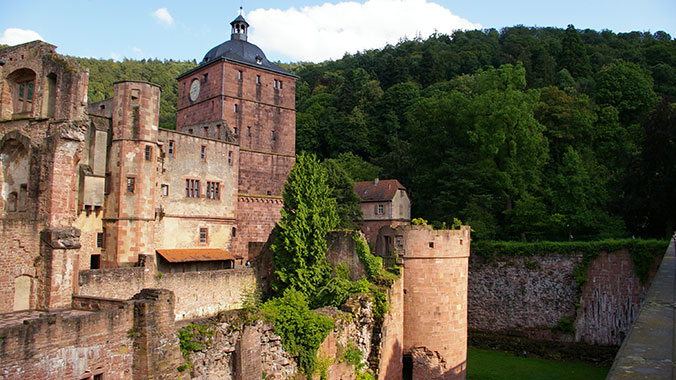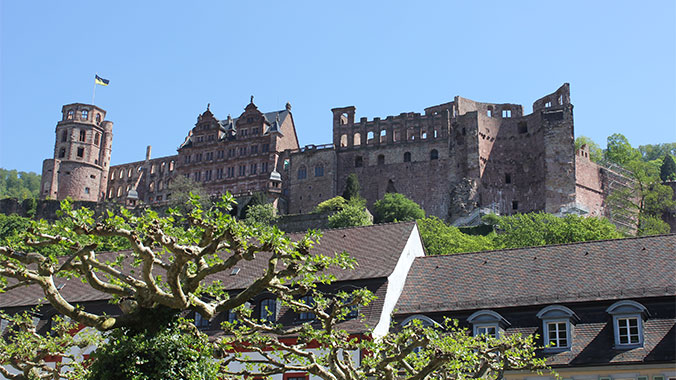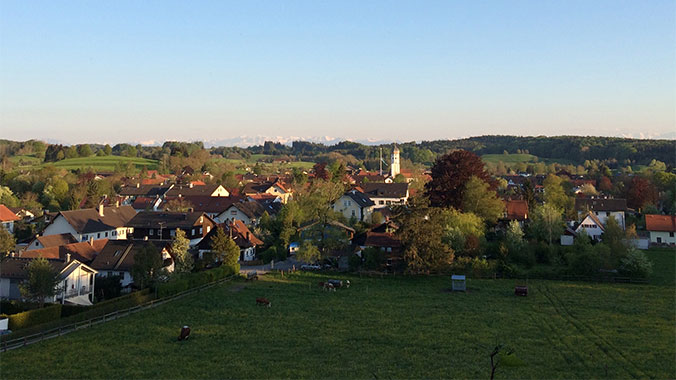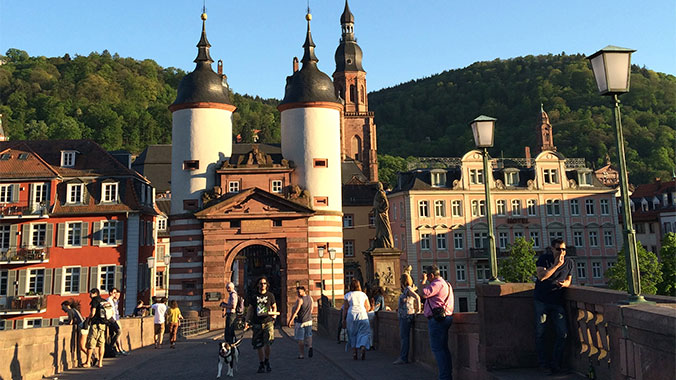Germany
The Best of Germany: Grand Cities, Castles and the Romantic Rhine
Program No. 19454RJ
From grand cathedrals to ancient castles, from Bavarian villages to a historic summer palace, come explore the monuments and culture of Germany on this comprehensive learning adventure.
LODGING & MEALS
Lodgings may differ by date. Select a date to see the lodgings specific to that date.
Showing Lodging & Meals For:
Lodging and meal options may differ by date. Select a date to see the information specific to that date.
What You'll Eat
15
Breakfasts
11
Lunches
7
Dinners
Total:
33 Meals

